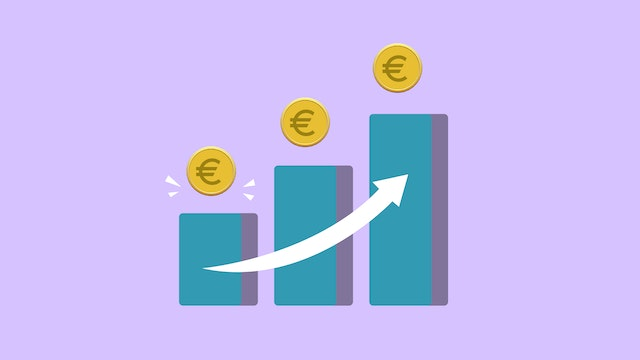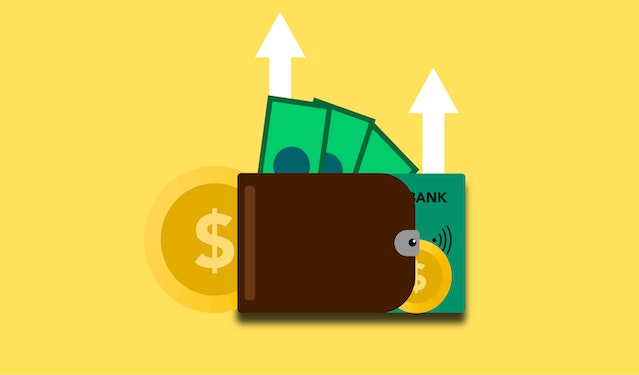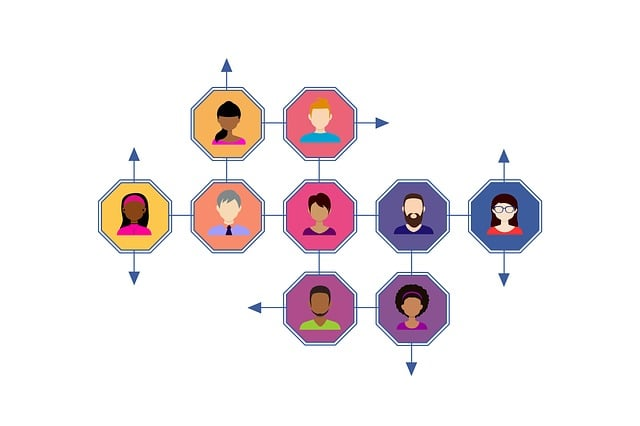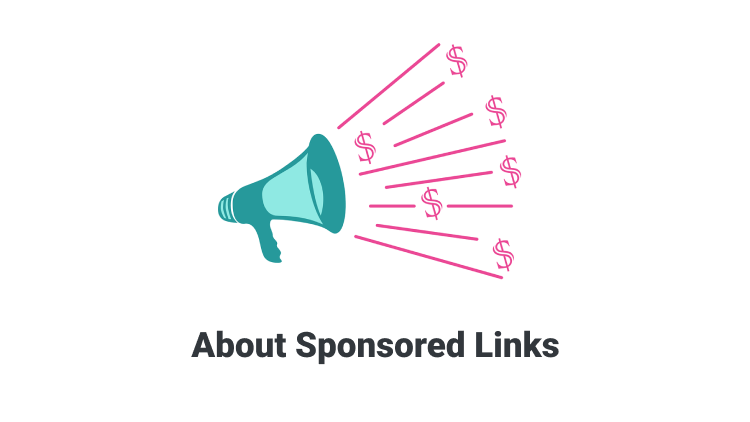- What are sponsored links?
- Google sponsored links
- 5 Advantages of sponsored links
- 5 Disadvantages of sponsored links
- Conclusion
Sponsored links have emerged as a powerful tool for businesses and content creators when it comes to today’s dynamic digital landscape, online visibility, and effective marketing strategies.
Whether you’re a blogger, a website owner, or an advertiser looking to amplify your online presence, understanding the ins and outs of sponsored links can unlock a world of opportunities.
What Are Sponsored Links?
Sponsored links are textual links promoting products or services that are financially supported by the respective company offering those products or services.
These links require a payment, often in the form of a one-time fee, and should not be confused with affiliate links, which operate differently.
Google Sponsored Links – as a Search Engine Marketing Strategy
Google sponsored links, also known as Google Ads or (previously) AdWords ads, are a feature provided by Google that allows websites and businesses to pay a fee in order to display their advertising links on the search engine results page for relevant search queries.
Opting for such links on Google is an effective strategy to enhance brand visibility and draw targeted traffic to your website.
Paid traffic can be leveraged through sponsored links as a means to assess the effectiveness of a landing page. This approach allows for testing and evaluating the performance and conversion rates of a landing page by directing paid traffic toward it.
When you invest in a banner ad on a website, Google mandates that the urls within the banners should be marked as “nofollow” links or they should get the more modern sponsored url attribute.
5 Advantages of Sponsored Links on Your Blog
1. Payment
For each sponsored link published on your blog, you receive payment.
Unlike affiliate urls or AdSense ads, which may not generate any earnings, sponsored links provide a guaranteed income through a placement fee.
Additionally, if your blog enjoys significant popularity, you might have the opportunity to negotiate a contract that provides residual income well beyond the initial posting of the link.

2. Multiple Sources of Income
To secure the long-term sustainability of your blog and income, it is advisable to establish multiple income streams. Relying solely on one source of revenue for your blog can be risky. Sponsored links can serve as a supplementary income stream, enhancing the stability of your earnings.
By diversifying your revenue sources, including sponsored links alongside other monetization strategies, you can better ensure the longevity of your blog and financial stability.

3. Free Products
In recognition of the importance of providing valuable content to your audience, many companies offer free trials or samples of their products/services with sponsored links.
4. Networking
Sponsored links offer an excellent opportunity to establish connections with companies that could potentially become regular advertisers on your website in the future. If you aspire to regularly feature advertisements on your blog, engaging with sponsored links is an ideal starting point to initiate such partnerships.

5. Extra Value
By exclusively featuring sponsored links to premium products or services, you can provide an additional level of value to your readers.
5 Disadvantages of Sponsored Links on Your Blog
1. Risk of Distancing Yourself from Your Readers
There is a possibility of distancing yourself from your fan base.
It’s important to note that many countries have regulations requiring bloggers and social media influencers to disclose if a link is sponsored. As a result, your audience will be aware when you start sharing sponsored links.
Despite the quality of the products or services related to your content, some individuals may disapprove, and accusations of being a sellout may arise.
2. Feeling like a sellout
One of the individuals who might accuse you of being a sellout is yourself. As our harshest critics, we often undervalue our work, especially if we come from an artistic background where any collaboration with another brand can be seen as compromising artistic integrity.
3. Challenges in negotiations
While many companies recognize the value of collaborating with bloggers, they may not fully comprehend the effort involved in evaluating a product or service or incorporating relevant links into your content.
They might be hesitant to offer upfront payment or undervalue your contribution. In some cases, they might be unwilling to listen to your perspective at all.
4. Time-consuming process
Accepting monetary compensation and placing a link on your website without careful consideration is not an option.
It requires investing time in personally experiencing the product or service to ensure its usefulness to your readers. Conducting proper testing can range from a brief period to several days, depending on the nature of what you are endorsing.
Additionally, you need to locate or create a suitable article to include the link. All of these tasks demand focus, time, and energy, which can divert your attention from producing regular content.
5. Your trust is at stake
Whether you like it or not, endorsing a product implies a certain level of trust. If the product fails to meet expectations or negatively impacts your readers, the responsibility falls on you, and you can lose your audience’s trust.
Conversely, if the product proves exceptional, your level of trust can increase.
Conclusion
In conclusion, sponsored links serve as a valuable tool for businesses and advertisers to promote their products or services online. They provide an opportunity to increase brand exposure, attract targeted traffic, and potentially generate leads or sales.
However, it is important to navigate sponsored links carefully, considering potential challenges. Like audience perception, maintaining trust, and adhering to legal requirements regarding disclosure.
By incorporating sponsored links strategically and in alignment with audience interests, bloggers and website owners can diversify their income streams. They can also enhance the sustainability of their online platforms.
FAQ
Search engines typically operate with a bidding system, where advertisers bid on specific keywords or target criteria.
When a user’s search query matches the keywords, the search engine algorithm determines which sponsored links to display. It makes a decision based on factors like bid amount, ad quality, and relevance.
They have a label as “sponsored,” “ad,” or a similar designation to distinguish them from organic search results. This labeling ensures transparency for users.
Yes, many jurisdictions have regulations that require bloggers and social media influencers to mark when they receive payment for a link.
It is important to comply with these disclosure requirements to maintain transparency and comply with legal obligations.
Paid links can provide an additional income stream for bloggers and website owners. They can help diversify revenue sources and potentially generate earnings through partnerships with advertisers.
Yes, there are considerations to keep in mind. Disclosure and transparency are crucial, as some users may disapprove of sponsored content. It is also important to maintain trust with your audience. Make sure to carefully evaluate the products or services that you are promoting. Negotiating fair compensation and managing the time-consuming aspects of incorporating paid links into content are other potential challenges to be aware of.



